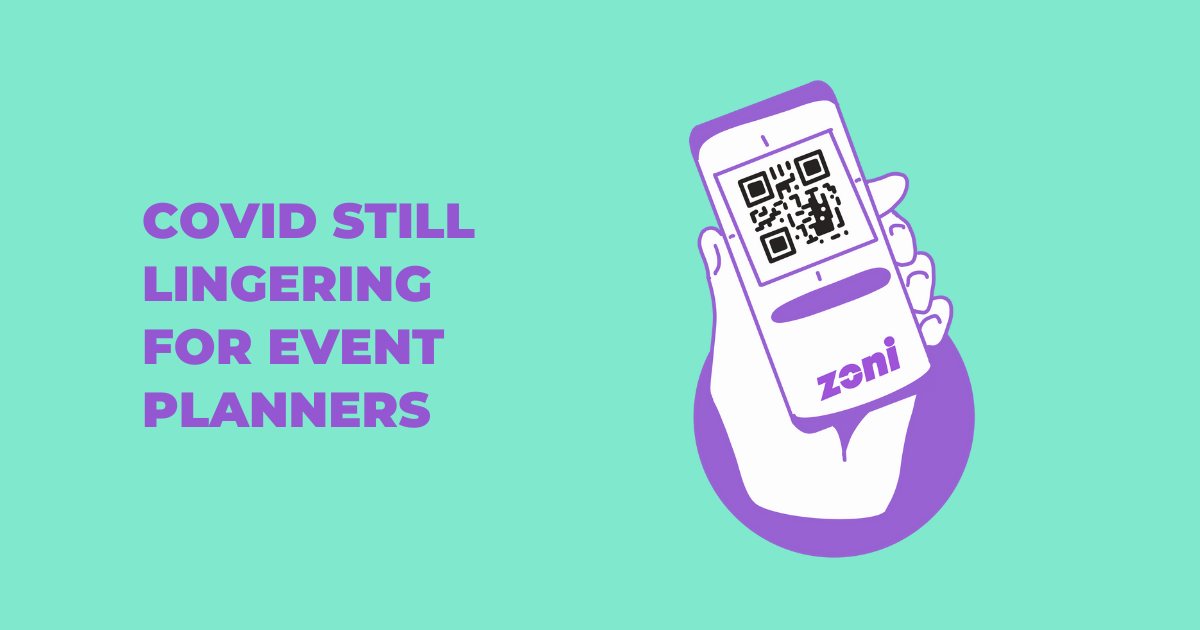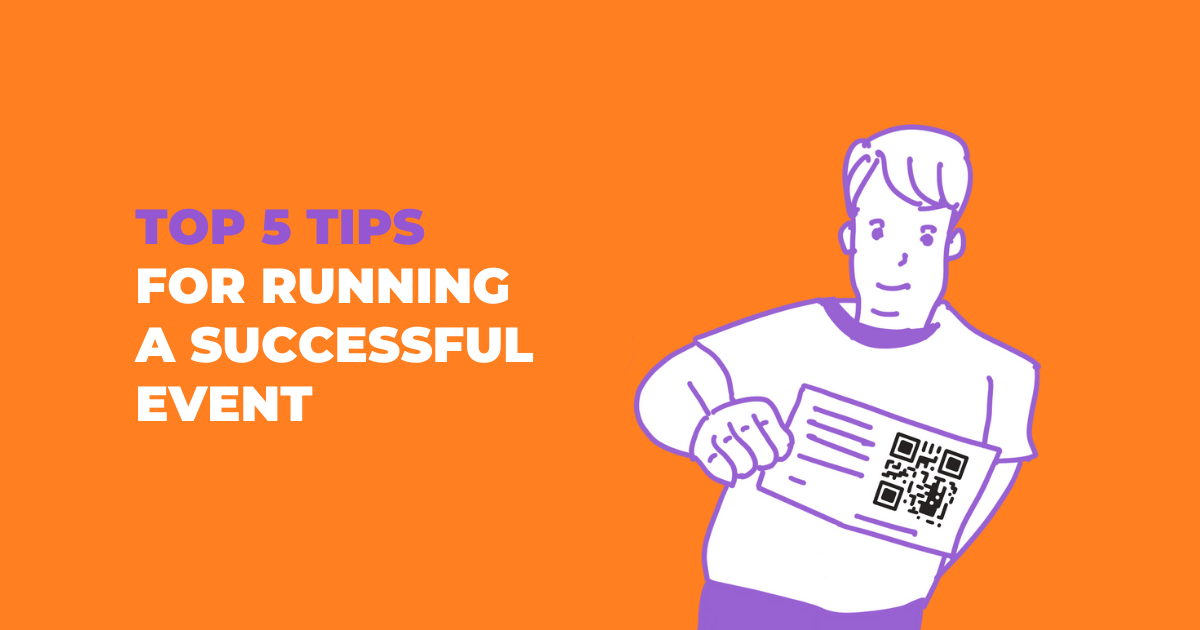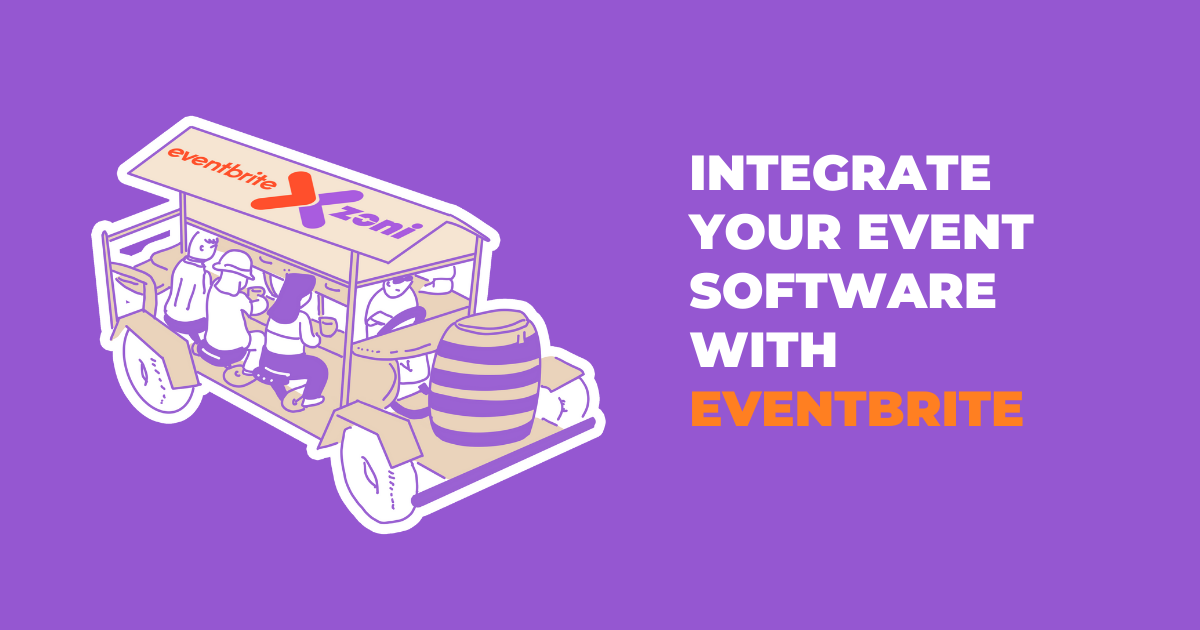Event managers were already a resilient group of individuals with cancellations and postponed events a normal aspect within the industry. However, COVID saw events being initially postponed during the early stages of the pandemic and then eventually cancelled indefinitely as the pandemic worsened.
COVID caused chaos for many industries around the world with the event industry bearing a considerable amount of the brunt. There were many lessons learnt during the pandemic with many factors having to be addressed that were in some cases never before considered.
Knowledge of state covid rules and regulations
Event managers are familiar with consistent changes and the flow of rapid information, but the pandemic brought along specific COVID health and safety compliance requirements. As we know these were constantly changing and they would have consequences across all aspects of our lives. Accounting for variable change and expecting the worse became the normality of living during a pandemic.
Understanding high-risk events
Epidemiologists began to widely use the phrase “super spreader event” which in turn, has become a normal part of our vocabulary along with a variety of other words. Superspreader events and high-risk events are commonly considered where the transmission of COVID is extremely likely.
Each jurisdiction had its own legal approach and definition of what “high-risk events” were but common ones include:
- Night clubs
- Dance venues and events
- Multi-day events
- Large unstructured outdoor events, such as holiday celebrations where crowds gather
- Music festivals
- Food festivals
- School graduation festivals
- Carnivals
- Some community sporting events
- Unticketed spectator events.
Understanding the types of COVID Hygiene
As part of mitigating COVID transmission, the best practices of COVID hygiene was paramount. All event planners should have an exceptional understanding of safe COVID hygiene.
Accessible COVID hygiene facilities for patrons, exhibitors and employees include (but are not restricted to):
- Sink, tap and soap dispenser (preferably automatic)
- Automatic hand sanitisier
- Sanitiser wipes
- 2 in1 disinfectant spray and paper towel
- Rubbish bin
- Disposable clothes
- Hand sanitiser pump
- Hand sanitiser personal tube
Density constraints
A key limitation of events held during the pandemic was and in some cases still is, restrictive density limits. Event planners needed to account for density (safe capacity) to accommodate applicable physical distancing requirements. These density limits were subject to change depending on the severity of the local COVID outbreak.
Placing adequate measures to ensure that your event does not go over capacity limits is critical. Such measures could include but are not be limited to:
- Ticketing event to capacity
- Counting people in and out at entry and exit points (recommended that these are kept separate)
- Regular venue counting by staff or COVID marshalls
- Using a set number of seats based on capacity with a sit-down rule
- Other measures that could reasonably ensure capacity are within the limit.
Aside from the overall density, consider the areas of your event site to identify areas that may be congested at times.
Higher risk areas will include:
- Queuing, such as food and beverage service areas, toilet facilities etc.
- Entry and exits
- Displays
- Best line of sight viewing areas
To find the right Zoni fit for your event, click here.





